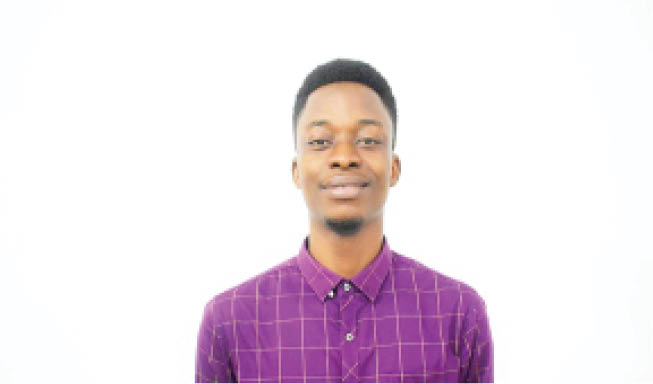‘Lyrical lushness’ wins Nigeria 2021 African Poetry Prize
Othuke Umokoro has won the 2021 Brunel International African Poetry Prize. The 31-year-old Port Harcourt-based teacher won the £3,000 due to his intense subjects on suicide, sexuality and HIV captured in the winning piece. 2023: Will Secondus get to the finish line? Ahmed Musa leads Kano Pillars against Adamawa United More than 1,000 people entered […]

Othuke Umokoro has won the 2021 Brunel International African Poetry Prize.
Othuke Umokoro has won the 2021 Brunel International African Poetry Prize.
The 31-year-old Port Harcourt-based teacher won the £3,000 due to his intense subjects on suicide, sexuality and HIV captured in the winning piece.
More than 1,000 people entered the eighth Brunel University London-backed contest – the world’s biggest cash prize for African poetry.
The award-winning British-Jamaican poet, Karen McCarthy Woolf, who chaired this year’s Prize, on behalf of the judges, describes Othuke as “A complex poet, with the skills to match the weight of the subjects he takes on, whether it’s sexuality and the family dynamic, HIV, or nature, ecology and politics.
“The language is lush, mesmeric and deftly handles the balance between lyric and narrative. These are unafraid, thoughtful pieces – playful, yet serious, making us look at love, life, mortality afresh.”
“It feels good to have won,” he said. “Really good. The glory of it is huge. For me, it means more work to be done. I told my students the news the other day and they were so happy. They all want to be poets, like me.”
Talking about his hard-hitting themes, Othuke said: “In the heat of the coronavirus lockdown – in the drowning death toll, the surge in domestic abuse/violence, the vulnerabilities of folks living with HIV, and mental health issues – I became more aware of the vault in our individual terrors and burdens. Poetry is the safe house I run to in times of great sadness.”
Othuke studied playwriting at the University of Ibadan and teaches literature to high school students.
The other poets on 2021 shortlist were Kweku Abimbola from the Gambia, Uganda’s Arao Ameny, Isabelle Baafi from South Africa, Somalia’s Asmaa Jama, Tumello Motabola from Lesotho and Nigeria’s Oluwadare Popoola and Yomi Sode.
